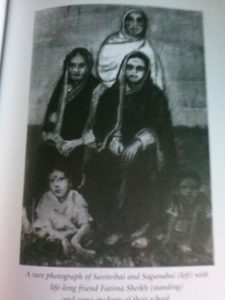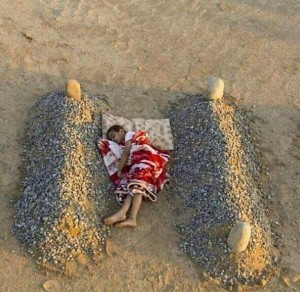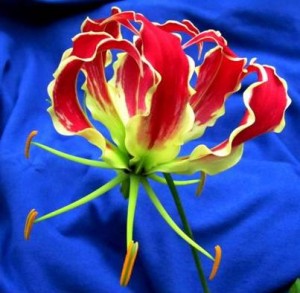Translated from Pali by Thanissaro Bhikkhu
Ten children I bore
from this physical heap.
Then weak from that, aged,
I went to a nun.
She taught me the Dhamma:
aggregates, sense spheres, & elements.
Hearing her Dhamma,
I cut off my hair & ordained.
Having purified the divine eye
while still a probationer,
I know my previous lives,
where I lived in the past.
I develop the theme-less meditation,
well-focused oneness.
I gain the liberation of immediacy —
from lack of clinging, unbound.
The five aggregates, comprehended,
stand like a tree with its root cut through.
I spit on old age.
There is now no further becoming.
~
Sona: Mother of Ten (Thig 5.8), translated from the Pali by Thanissaro Bhiku. Access to Insight (Legacy Edition), 30 November, 2013, http://www.accesstonsight.org/tipitaka/thig/thig.05.08.than.html
Source: The Therigatha, Verses of the Elder Nuns. The Therigatha, the ninth book of the Khuddaka Nikaya, consists of 73 poems — 522 stanzas in all — in which the early nuns (bhikkunis) recount their struggles and accomplishments along the road to arahantship. Their stories are told with often heart-breaking honesty and beauty, revealing the deeply human side of these extraordinary women, and thus serve as inspiring reminders of our own potential to follow in their footsteps.


